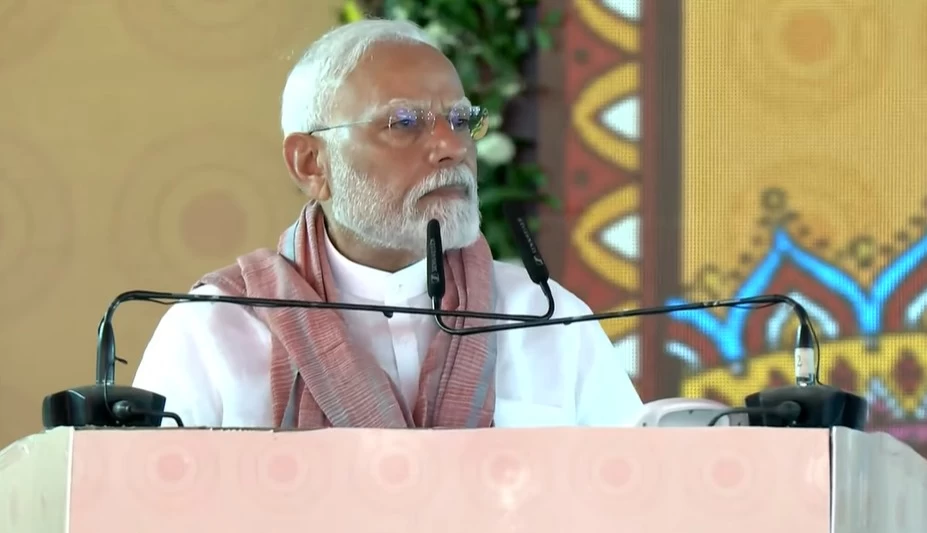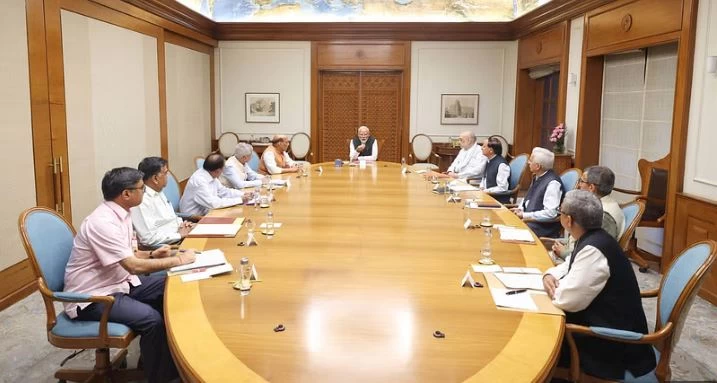Latest Updates
Supreme Court Upholds Section 6A, Validating Citizenship for Pre-1971 Immigrants in Assam

The Supreme Court on Thursday upheld the validity of Section 6A of the Citizenship Act tied to the Assam Accord, affirming the rights of Bangladeshi refugees who arrived in India before 1971. Section 6A of the Citizenship Act, introduced in 1985 allows refugees from Bangladesh, who entered India between 1966 and 1971, to register for Indian citizenship. The ruling stemmed from a petition arguing that the influx of Bangladeshi refugees had disrupted the demographic balance in Assam, claiming that Section 6A violated the political and cultural rights of the state's original residents.
Chief Justice Chandrachud noted that the enactment of Section 6A represented a "political solution" to a distinct challenge faced by Assam, where the arrival of refugees had threatened its cultural identity. He added, "The central government could have extended the act to other areas as well, but it did not do so because it was unique to Assam." The Chief Justice emphasized the greater impact of migrants in Assam compared to West Bengal, stating, "The impact of 40 lakh migrants in Assam is more than that of 57 lakh in West Bengal because the land area in Assam is less." The apex court clarified that "the non-resident Indians who came from Bangladesh between January 1, 1966, and March 25, 1971, are eligible for citizenship. Those who have got citizenship under this will retain their citizenship."
A five-judge constitution bench voted 4-1 upholding the validity of Section 6A of the Citizenship Act. Chief Justice DY Chandrachud, leading the five-judge bench, stated that the Assam Accord represented a political solution to the issue of illegal migration. In their majority opinion, Justices Surya Kant, MM Sundresh, and Manoj Misra affirmed that Parliament possessed the legislative authority to implement this provision. However, Justice Pardiwala issued a dissenting opinion, deeming Section 6A unconstitutional.
The Supreme Court affirmed the central government’s position that uncontrolled immigration in Assam poses a threat to its culture, reiterating the government's duty to prevent illegal immigration. The court held that March 25, 1971, was a reasonable cut-off date for citizenship eligibility. "Citizenship can be given between the cut-off dates subject to fulfilling the conditions. Immigrants who enter after March 25, 1971, cannot be conferred citizenship," noted by Justice Surya Kant.
The Assam Accord, signed on August 15, 1985, was a response to the significant refugee influx during the Bangladesh Liberation War. As a humanitarian measure, Section 6A was included in the Citizenship Act, allowing migrants who entered before March 25, 1971, to obtain Indian citizenship, though without voting rights.









